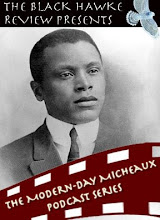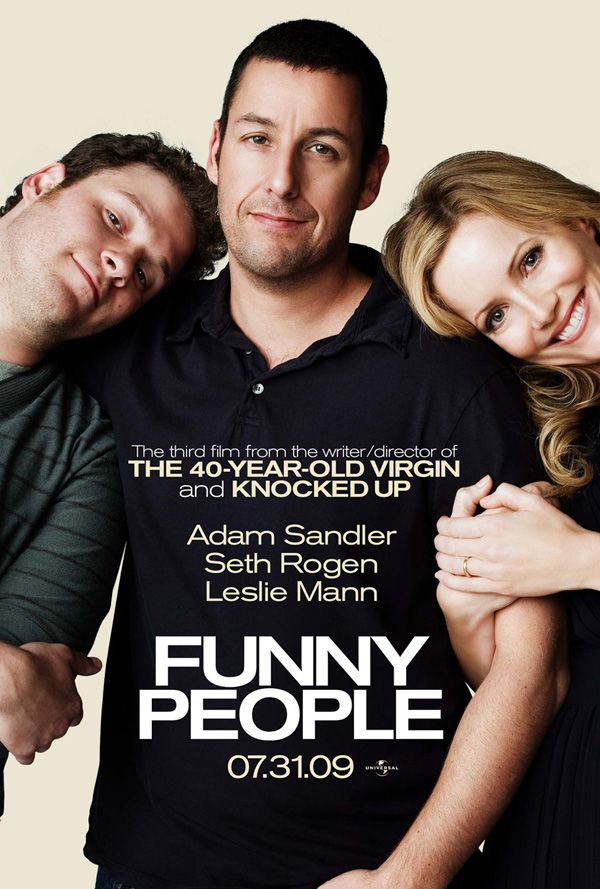 Love it when film teaches new words. Perdition: a state of eternal punishment and damnation into which a sinful and impenitent person passes death. This 2002 period drama is adapted from the “Road To Perdition” graphic novel (I call them graphic novels. They’re responsible for films that have brought Hollywood billions of dollars. They’re due their artistic merit). Tom Hanks plays 1930’s hitman, Michael Sullivan. His fate is sealed, but the question lies whether his son, Michael Sullivan Jr., will follow the same path. Sullivan’s wife and youngest son are murdered by his mentor’s (Paul Newman) son (Daniel Craig). From here we follow the typical revenge plot, however with the added consequences of how Hank’s quest for justice affects his son.
Love it when film teaches new words. Perdition: a state of eternal punishment and damnation into which a sinful and impenitent person passes death. This 2002 period drama is adapted from the “Road To Perdition” graphic novel (I call them graphic novels. They’re responsible for films that have brought Hollywood billions of dollars. They’re due their artistic merit). Tom Hanks plays 1930’s hitman, Michael Sullivan. His fate is sealed, but the question lies whether his son, Michael Sullivan Jr., will follow the same path. Sullivan’s wife and youngest son are murdered by his mentor’s (Paul Newman) son (Daniel Craig). From here we follow the typical revenge plot, however with the added consequences of how Hank’s quest for justice affects his son.Not my favorite Tom Hank’s role. His tough-guy grunt shows Hanks is clearly out of his element, but the supporting cast members do provide adequate performances. Jude Law plays an eerie cadaver photographer whom doesn’t mind finishing off his victim to enrich his shot. At first glance, it would also seem like the British lothario is out of his element, but his somewhat feministic portrayal makes since. Paul Newman plays Sullivan’s mentor and crime boss John Rooney.
Better than the acting or uninspiring script are the technical achievements of Road to Perdition. After his directorial debut of the fantastic American Beauty (my favorite movie – ever), Oscar Mendez leaps into this film showing he knows how to move the camera, and in a powerful way. The unconventional cinematography of the film is incredible, taking a backseat only to musical score, which uplifts the film to a whole another level.
Oscar Mendez has incredible death scenes. After this Tom Hanks busts into a hotel to shoot Daniel Craig in the bathtub. However, instead of following Hanks into the bathroom, we see him walk in, shoot, walk out, and then Daniel Craigs cranium splattered through the doors window. Might I add, the only dialogue in these two scenes combined is Newman’s “I’m glad it was you”. Stories being told through pictures, not dialogue, always creates the more epic effect.
My problem with the film has to do with a ethical or reasoning issue. Sullivan is given the choice to take his son and leave town, however he chooses to pursue revenge. His greatest fear is that Sullivan Jr. will go down “The Road to Perdition” himself and become a murder. Spoiler Alert, he doesn’t, given the opportunity to shoot Law’s character to save his father, he finds himself unable to pull the trigger. But this boy witnessed his father killed three guys in a warehouse, his mother and brother’s corpses, and was on the run for six weeks from his supposed extended family, all without now show of remorse or misgivings from his father. It seems questionable to me that he wouldn’t be able to shoot his father’s murderer and that Sullivan Sr. was hell bent on leading him down this morally corrupt pass despite his worries.
THE BLACK PERSPECTIVE:
If Road To Perdition were a black film, it would be criticized for its violence and father’s irresponsible actions in influencing his son. Sullivan is told to leave and not seek revenge. Instead, he goes on a murdering spree, exposing his son to the corrupt world of killers. The on-going cycle of violence is one problem in the black community. Being exposed to it at a young age creates a psychological effect that’s hard to break from. If the black film made a statement about the perpetual effects of violence, then it would be hailed as socially responsible. If it went down as this film did, people would nail it for blatantly ignoring the issues. Since it is a white film, however, it’s okay, which is a double standard. Gang violence affects all races, and needs to be handled on the national level, not just in the black community.

 = 2 Stars
= 2 Stars













.jpg)
I think that because it is a period piece, race becomes less prominent. Whiteness here is common to the good guys, bad guys too.
ReplyDeleteBack then, blacks weren't seen as having a gang problem. They do today because while whites are in gangs (the AB, etc) they are also not in gangs. But where there are the most gangs - the inner city - there are the most blacks. Hispanics, too, of course.
I think the racial background bestows the different meaning of race in part.
Substituting race in one's imagination is a powerful tool to tease apart the symbolic meaning of its usage in a movie (or book, etc). In this case, the backgrounds are different, however, and don't lend themselves well to substitution.